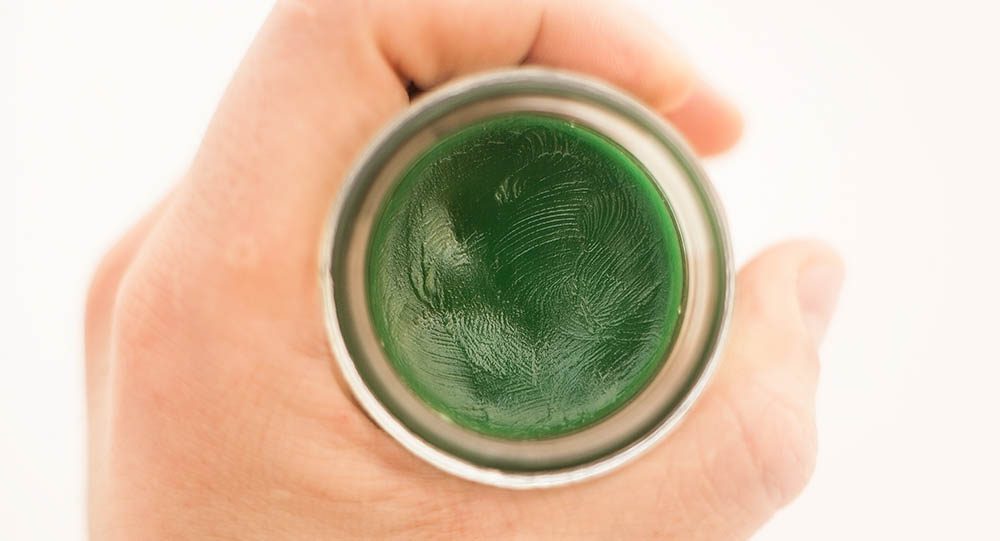Key Takeaways
- Hydrocodone is a potent opioid pain medication with a high risk for dependence.
- There hasn’t been much research on combining weed and hydrocodone, so possible risks and benefits remain unclear.
- Cannabis may be an effective pain reliever on its own, and some evidence suggests it may be nearly as effective as opioids.
Hydrocodone, a potent opioid pain medication, is an important medication used for managing various forms of pain, from post-surgical discomfort to chronic conditions. According to the CDC, about 1 in 5 adults in the United States deal with long-lasting pain.
At the same time, some people turn to cannabis to help with pain or other symptoms like anxiety or sleep issues. Because both substances can affect the body in different ways, particularly the brain and nervous system, combining them may raise concerns about safety and potential interactions.
What is Hydrocodone?
Hydrocodone is a potent opioid medication primarily prescribed for the management of moderate to severe pain. Its generic name, which comes from codeine, shows that it's similar to other opioids in how it's made and how it works. Within the body, hydrocodone binds to specific receptors in the brain and spinal cord, altering the perception of pain and producing a sense of euphoria or relaxation.
Hydrocodone is often given for pain after surgery or injury, as well as for long-term pain associated with cancer or arthritis. When taken as directed, it can help relieve pain effectively. However, like all opioids, it carries a risk of side effects and potential complications. These may include drowsiness, dizziness, constipation, nausea, vomiting, respiratory depression, and, in severe cases, addiction or overdose.
Hydrocodone is available under various brand names, including Vicodin, Norco, Lortab, Zohydro ER, and more. Even though it's effective at relieving pain, hydrocodone can be misused and cause addiction.1 Doctors need to prescribe it carefully and keep an eye on how it's used.
Combining Cannabis and Hydrocodone: What the Latest Research Says

Cannabis and hydrocodone both affect the central nervous system, so combining them may increase the risk of side effects such as:
- Drowsiness.
- Dizziness.
- Difficulty concentrating.
In some cases, these effects may be more intense when the two substances are used together.
A small 2022 case study looked at what happens when inhaled cannabis is used alongside hydrocodone. It found that hydrocodone levels in the blood were lower than expected. This might suggest that cannabis may affect how the body processes the medication. However, this study involved just one person, so more research is needed before drawing any conclusions.2
Pre-clinical studies have explored whether cannabinoids might influence how opioids affect pain. Some early research suggests the two may have complementary effects on pain relief in animal models. However, these findings are not yet confirmed in human trials and should be interpreted with caution.3
There is also growing interest in how other cannabis compounds, like terpenes, may interact with medications like hydrocodone. But current evidence remains limited, and more clinical studies are needed.
Due to the potential for increased sedation or other interactions, anyone considering combining cannabis and hydrocodone should speak with a doctor. A healthcare professional can help assess the risks based on individual health history and other medications in use.
Are You Considering Using Cannabis and Hydrocodone?
Combining cannabis with any substance or medication carries its own risks. Cannabis research is still in its earliest stages, and there is a lot that researchers still don't know. That leaves the door open for unexpected interactions with other substances. If you are considering combining cannabis with any other substance or medication, speak to your doctor for proper medical guidance.
Likewise, stopping the use of a prescribed medication can lead to unintended consequences. Many medications take time to build up in the body. Stopping suddenly can cause unpleasant and potentially serious or even fatal side effects. If you'd like to stop using or replace a medication, you need to follow the guidance of your medical provider to make any approved adjustments safely.
References
- Cofano S, Yellon R. Hydrocodone. In: StatPearls [Internet]. StatPearls Publishing; 2022. https://www.ncbi.nlm.nih.gov/books/NBK537288/ ↩︎
- Bindler RJ, Watson CJW, Lyons AJ, et al. Drug-Drug Interaction Between Orally Administered Hydrocodone-Acetaminophen and Inhalation of Cannabis Smoke: A Case Report. Hosp Pharm. 2022;57(4):518-525. doi:10.1177/00185787211061374 ↩︎
- MacCallum CA, Eadie L, Barr AM, Boivin M, Lu S. Practical Strategies Using Medical Cannabis to Reduce Harms Associated With Long Term Opioid Use in Chronic Pain. Frontiers in Pharmacology. 2021;12. doi:https://doi.org/10.3389/fphar.2021.633168 ↩︎
The information in this article and any included images or charts are for educational purposes only. This information is neither a substitute for, nor does it replace, professional legal advice or medical advice, diagnosis, or treatment. If you have any concerns or questions about laws, regulations, or your health, you should always consult with an attorney, physician or other licensed professional.




